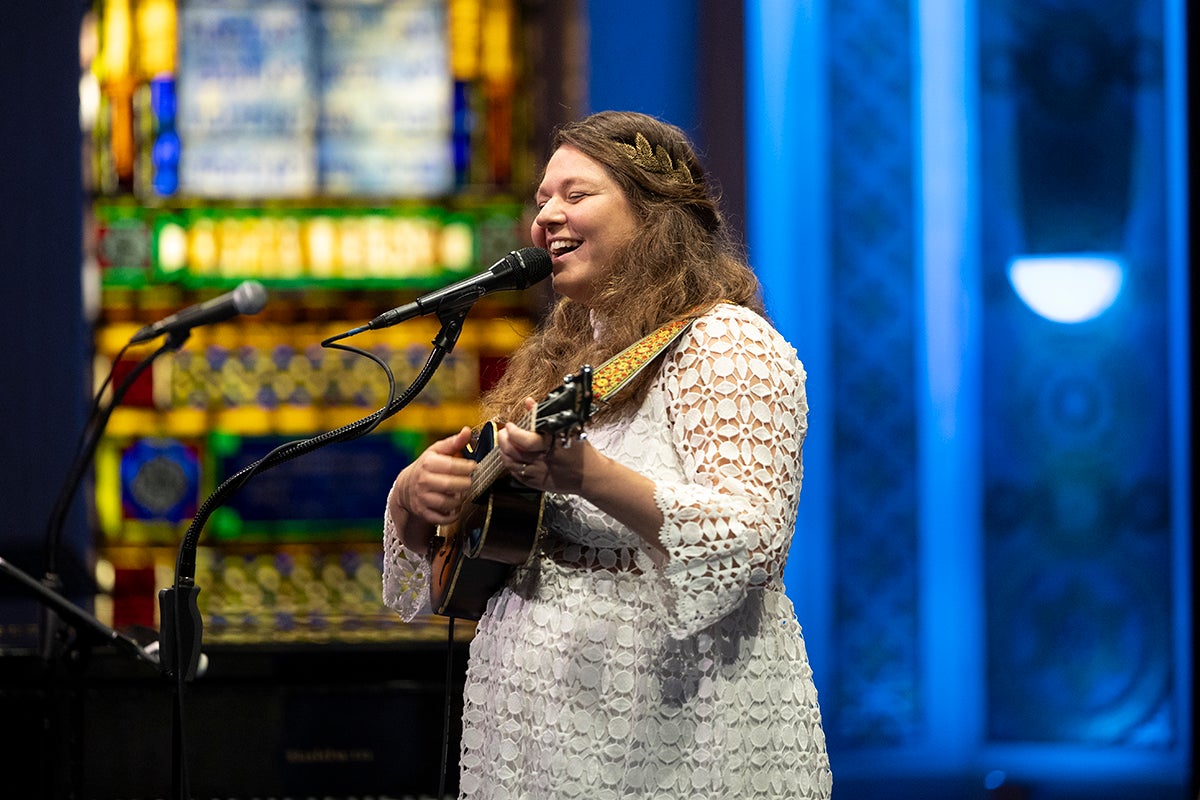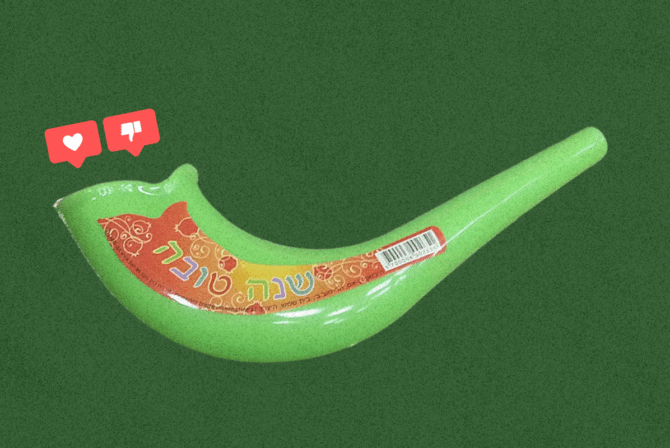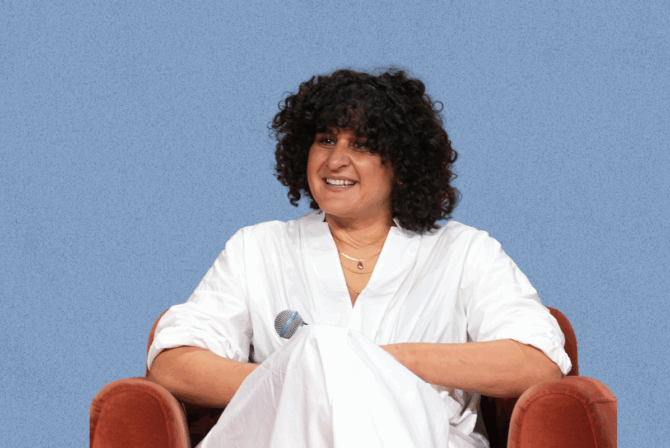You know the vibe of a really good kids’ service? The kind that makes the parents dance with the children, and maybe forget that they’re adults? The kind that fills every child and grown-up in the room with a sense of joy and wonder and awe?
That’s the energy artist in residence Shira Averbuch brings to her performances with her community at New York’s B’nai Jeshurun Synagogue.
And this month, she’s released an album that encapsulates that spirit, and allows you to bring her warm kids’ service straight into your living room.
In “Shira with Shira” you will find everything from a soulful and rousing bluegrass “Ose Shalom” to a sweet “Boker Tov Parparim” (“Good Morning Butterflies”) that will make your kids want to dance and “fly” across the house and then take little butterfly naps. There’s a quiet and healing “Mi Shebeirach” and a melancholy but oh-so-beautiful version of “Blessing for the Children (Yevarechecha)” in which she sings the Hebrew word for peace — “shalom, shalom, shalom” — so wistfully.
Shira, of course, has the perfect name for what she does; it is the Hebrew word for “song” or “poetry.” She has a truly transcendent voice, one that went viral last year when she released her audition to play Elphaba in “Wicked” on Instagram.
“Shira with Shira” is her first Hebrew language album and her first children’s album — and as she was working on it, Averbuch realized that she was also about to enter into another journey of firsts: Motherhood.
Kveller spoke to Shira over Zoom about her new album, the songs she’s excited to share with her kids and the Hebrew music she grew up with.
How did you choose this list of songs for the album?
The album is structured almost like a service — not a Shabbat service, but any service. So it’s the main prayers, like the “Shema” and the “Modeh Ani,” that you can use every day, and then a boker tov (good morning) song and a layla tov (good night) song. So you can kind of go through your day with it, which is fun.
I love the personal twists you have on these songs and prayers, from the gender-switched “modah ani,” to the bluegrass touches. How did they come to be?
They are things that came together in the room and then just stuck and became little “isms” that I do. I feel like every time I lead, or honestly, every time I perform, it’s a conversation with the people in the room. It’s a give and take.
The songs do have that energy, of you bringing your full self into them in the moment. I’m sure kids can sense that and give that energy right back.
And the adults too! I think people enjoy these Family Services, because they get that it’s not a moment to check out. The families are engaged as a family. And that’s the whole point. We can have this moment in our ancestral wisdom together.
What kind of music did you grow up with?
I grew up with mostly kids’ music in Hebrew. It was not religious for me, because my parents are Israeli and very secular. And so it was like, “HaKeves HaShisha Ashar” (“The Sixteenth Sheep”), Arik Einstein, “100 Shirim Rishonim” (“100 First Songs”).
All my childhood favorites! I used to sing to my pregnant belly. What are you singing to your baby? And what are you excited to sing with your baby when they’re born?
It’s funny, because I found out I was pregnant when we were in the studio; it was so special. [The album] already felt personal, because Mike [my co-producer], the guy who actually made the album happen, it was [a] very personal [project] for him.
He was like, “This is something that I’m doing for my kids.” And I feel very close to all the families that I see [when I lead services]. [Finding out I was pregnant myself] just popped it to a whole other level of being personal.
I sing to [my baby] a lot of “HaKeves HaShisha Asar” and the things that I grew up on. But I’m really excited for this. Like, this album is something that I didn’t have as a kid, and I kind of want him to have a little bit more of that tradition. We’re going to do Shabbat, we’re going to do things that I didn’t necessarily grow up on, but especially [since] we’re not in Israel — I want to do these things.
As an Israeli expat that is so relatable to me, I am also raising my kids here in the U.S. with more traditions than I grew up with. All the songs on the album are great. But is there one that you have a special connection with?
The very last one, the blessing for the children, is really special. I’ve been singing that a little bit too. I sing that to myself. Sometimes I sing that, and I think of both of us, under this protection. The world feels extra crazy right now. So that’s a really comforting one for me.
Listen to “Shira with Shira” on Spotify, Apple Music or wherever else you find your music.








